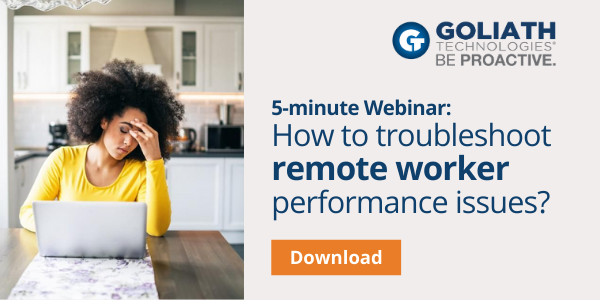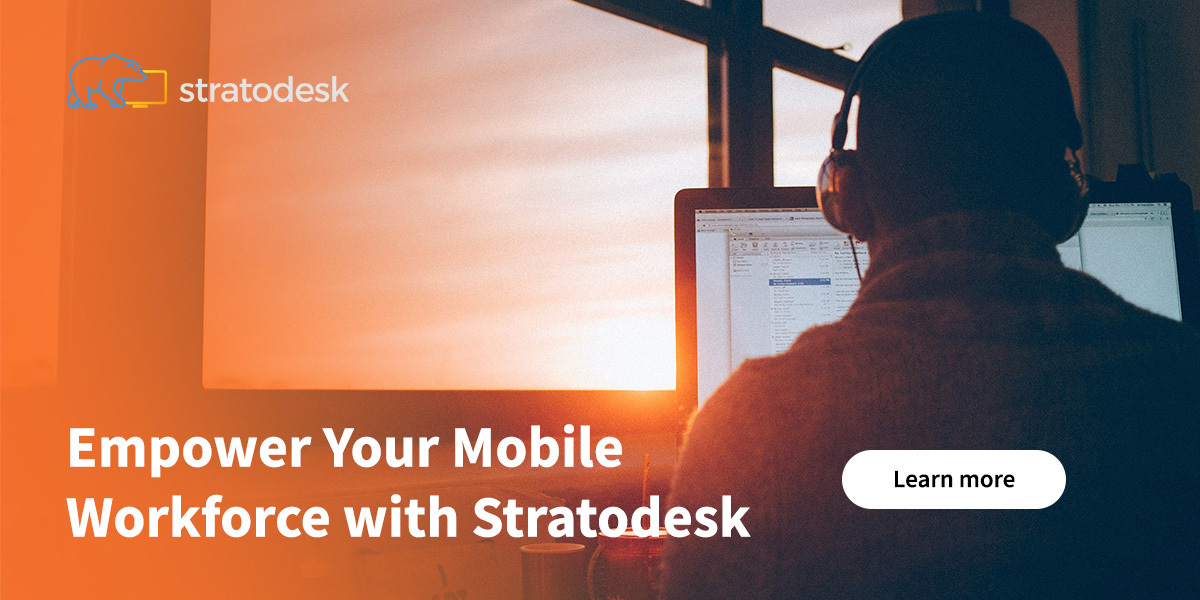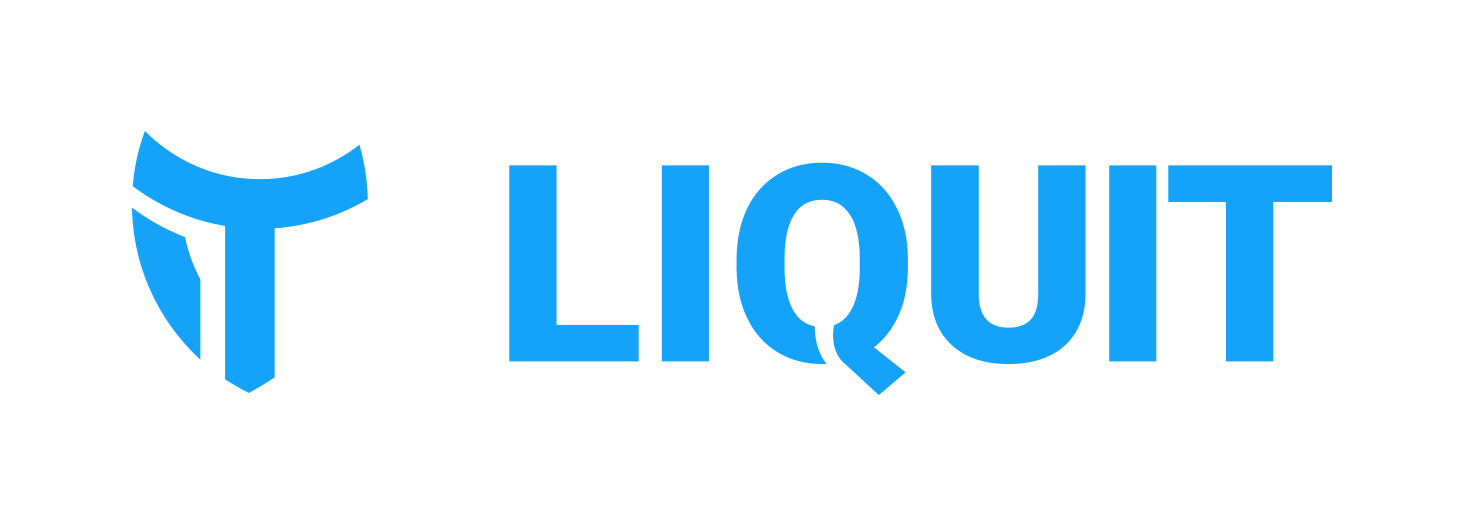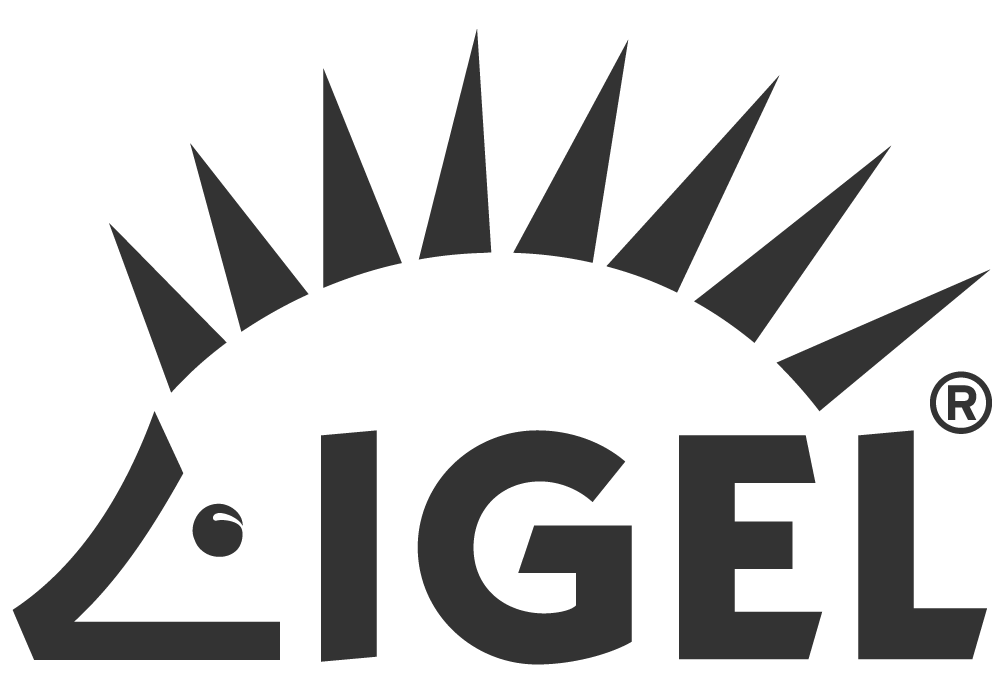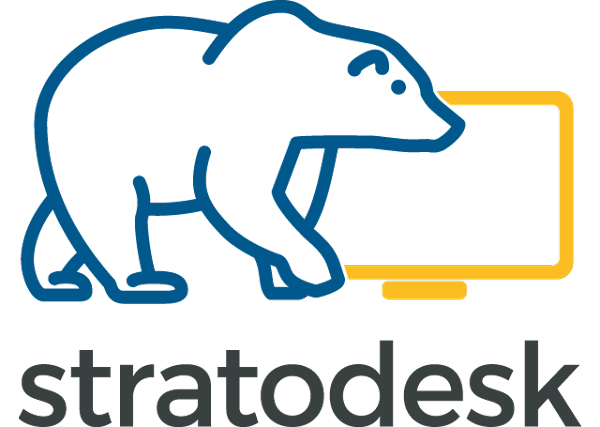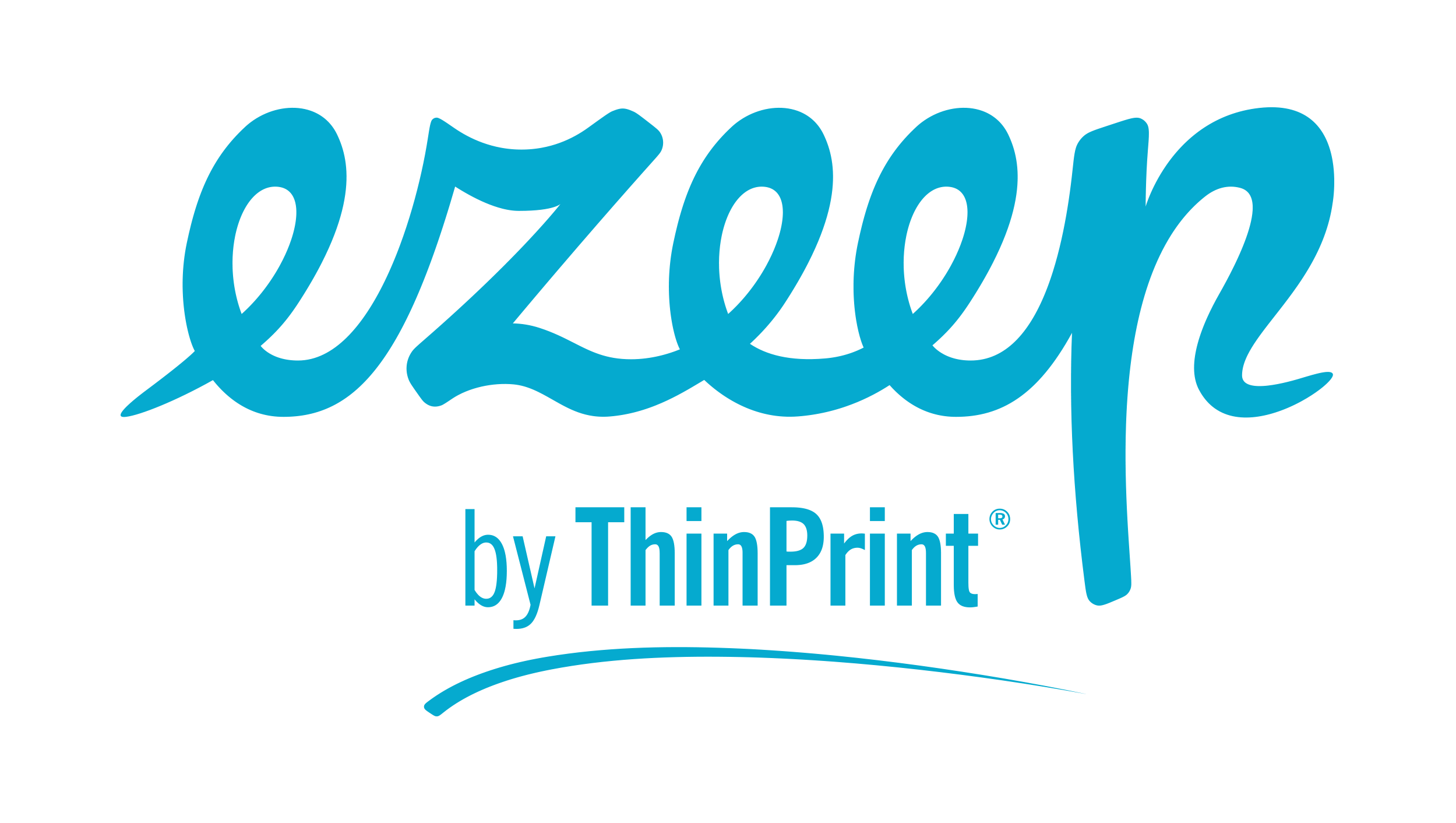VMblog: We have all been witness to a global pandemic, and it is changed the way we work. More than ever, we are seeing a large percentage of employees working from home. How has this shift in the way we work changed the way companies are dealing with their employees?
Nico Zieck: We see two types of organizations. The ones who are more traditional and try to keep the environment and their employees somewhat controlled and where now forced to let that control go when their employees had to work from home. They simply were not prepared.
On the other hand, we see organizations who already had their infrastructure set up for maximum flexibility for their employees. They were able to provide continuity to the business.
VMblog: This is the year of VDI has been a mantra for virtual desktops for many years running. We've gone through remote PC, VDI, DaaS, cloud desktops, etc. But it is never really gotten mass adoption, why do you think that is? And does this event finally change that?
Zieck: VDI is expensive to setup and technically it's complex to manage. On the other hand, the user is demanding more freedom and more ‘graphical intense' applications than a VDI can offer (within a reasonable amount of IT spend). We don't think this event will promote the shift to VDI. VDI/SBC is a crucial part of IT but will be only a portion of what we offer to our end-users. We think that a workspace should be flexible and therefore we strongly believe in hybrid workspaces.
VMblog: What are you hearing from customers and prospects? Were they completely caught off guard with mass remote work from home? Or were they already putting things into place, perhaps for other business continuity reasons?
Zieck: We are proud to say that we have been working with organizations who were already looking for ways to provide an optimal experience for their end-users no matter where they were working. Most of our customers choose Liquit for the flexibility of our solution, the uniform look & feel for the users, no matter where the work from. Therefore, most of our customers, when choosing for Liquit, are choosing for a universal workspace and enabling work from home as core of their company.
VMblog: How has this shift of working from home affected people, connectivity, infrastructure, security, etc.?
Zieck: We see that there is a lot of stress on the IT admin side of things, high demands on resources, knowledge and hardware. Most of the response was too little, too late and resulting in a ‘temporary solution'. New solutions needed to be in place the next business day, where usually these kinds of decisions take for months. The result is a non-future proof IT solution that needs to be upgraded or changed in the future. On the other side, enabling people to work from home, can change the future of IT forever. Finally, we can take full advantages of the current state of technology.
VMblog: How does your software enable the "work from home" shift? And where do your solutions fit within the grand scheme of things?
Zieck: Liquit Workspace is an innovative software solution that brings together all types of applications and services residing on different IT systems in one interface, the workspace. End-users will connect to the application they need, the powerful platform in the back determines what available technology is best suitable and because of single sign-on they only need to log in once.
For the IT admin Liquit is the ultimate ‘swiss army knife' and for the end-user Liquit offers ‘IT like water from the tap'.
VMblog: What are the big problems that you solve for those companies whose workers are now working from home?
Zieck: Liquit solves the hybrid problem, what's is on-premises and what is in the cloud, what is on the local device and what is on the VDi/SBC environment. With Liquit we make working easy. An user sees an icon, can simply click on the icon and Liquit will manage everything that needs to be done. Liquit makes decisions based on the user's context to what will be served to the end-user.
VMblog: Finally, what advice do you have for companies who are still trying to figure out their own game plan for remote workers?
Zieck: Please implement remote working ASAP. It's going to be a core of the new economy. Workers are going to demand working from home. You don't have to rip and replace your current solution, with solutions like Liquit you can implement and connect work from home within hours.
Take your time to then to migrate to the designated platform, like WVD or other cloud systems. Make a good future proof design and shift the workforce from ‘the office' to ‘ work is not a place anymore.'
Also check out our video interview:
